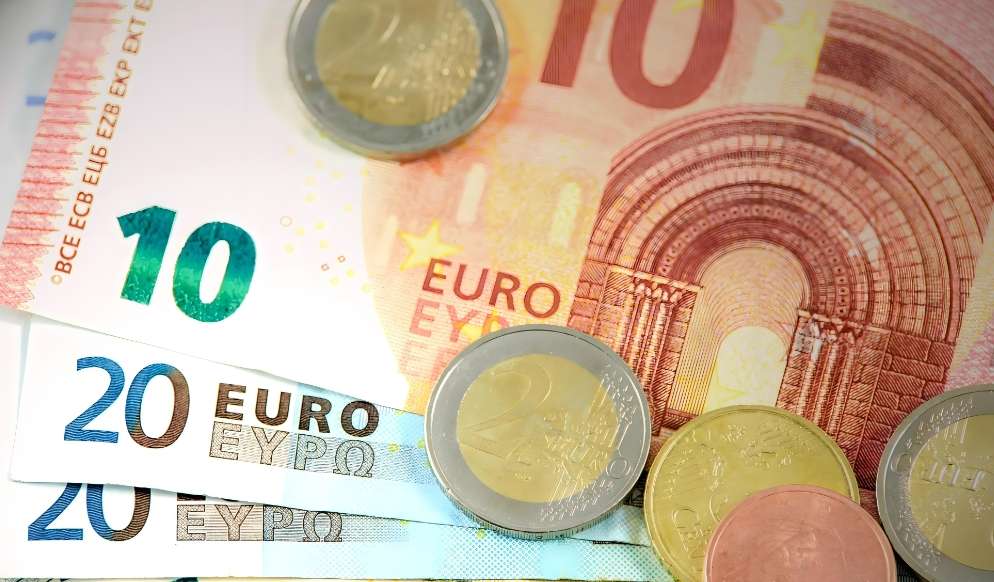States Test New Payment Rails Amid Dollar Debate
Advertisements
Advertisements
The era of American financial dominance is facing unprecedented hurdles. Once revered as the backbone of the United States' economic prosperity, the dollar's status has been increasingly threatened by dual pressures both external and internal.
How much longer can the dollar sustain its ambiance of supremacy? Could the so-called de-dollarization indicate the onset of a global economic overhaul?
The Dollar Under Siege
Recent developments from across the United States highlight a significant shift. Legislatures in 47 states have enacted laws designating gold and silver as legal tender, equating these valuable metals with the dollar in both commercial transactions and debt repayments.
Take Kentucky as a case in point; its statute (HB102) explicitly exempts gold transactions from capital gains taxes while granting gold and silver the dual capacities of payment and store of value.
Simultaneously, a global movement toward diminishing reliance on the dollar is also gaining momentum. The International Monetary Fund (IMF) recently introduced the XC digital currency framework, aimed at dismantling the dollar's monopolistic hold over cross-border payments through a unified ledger.
Countries in Europe and Japan are championing domestic currency-centric payment systems, seeking to liberate themselves from the dollar's grasp. These signals collectively denote a declining aura surrounding the dollar's previously unfaltering dominance.
The American Debt Crisis
According to estimates from the Congressional Budget Office, the United States is projected to accumulate a staggering $13.8 trillion budget deficit over the next decade. By 2049, the national debt could swell to a staggering 2.3 times the GDP!
What does this mean? It implies that for every dollar earned, $2.30 is owed! This unchecked debt growth raises alarm bells among U.S. debt holders and significantly undermines global confidence in the dollar.
America's debt dilemma transcends mere economic implications; it's, in essence, a "credit crisis." Should U.S. debt lose its appeal to global buyers, the dollar's value structure could face a dire collapse.
Recently, a multitude of nations, including our own, has begun liquidating their U.S. debt holdings—an appalling development for the United States, compounding its financial woes.
A Multinational Counteroffensive

On the international front, there is a palpable pushback against the dollar that's hardly subtle.
For instance, Germany and France are advocating for the euro to serve as the principal currency for energy trades, establishing a crude oil pricing benchmark based in euros;
In a similar vein, the Bank of Japan is spearheading the creation of an alternative payment system akin to SWIFT, collaborating with nations like Iran to circumvent the dollar.
Figures show that by 2024, the proportion of global trade settled in dollars is projected to plummet from 65% to approximately 59%, a trend that appears to be accelerating.
Interestingly, even Japan, a close ally of the United States, has initiated subtle moves in this direction.
In response to the sharp depreciation of the yen, Japan is establishing its cross-border payment network, leveraging digital currency to enhance trading flexibility.
Moreover, the IMF’s XC currency system directly undermines the convenience of dollar transactions by integrating central banks' digital currencies from various nations.
Gold's Resurgence
In the ongoing financial skirmish, gold has once again emerged as a focal asset.
In 2024, global central bank purchases of gold hit an all-time high, with our own country being a significant player, having augmented its gold reserves by a notable 40.26 tons in the past year alone.
In stark contrast, the proportion of dollar assets in foreign reserves continues to dwindle, and the reasoning is simple: gold requires no trust, whereas the dollar does!
Domestic unrest within the United States further accentuates gold's perceived value.
The German central bank has persistently demanded the return of 1,260 tons of gold stored in New York, often met with evasiveness from the Federal Reserve. Experts speculate that this gold may have existed solely on paper, reduced to a mere "credit certificate."
If the U.S. can’t even return gold to its allies, how can the dollar expect to inspire trust?
The Acceleration of RMB Internationalization
Amid this global financial reshuffling, our nation is presented with exceptional opportunities. In recent years, we have made consistent strides towards the internationalization of the Renminbi, initiating multiple domestic currency settlement agreements and promoting cross-border Renminbi payment systems.
By 2024, 60% of our trade with Brazil has utilized Renminbi for settlements, significantly curtailing our reliance on the dollar.
Additionally, our strategy concerning gold reserves has drawn considerable market attention.
Our central bank increased its gold reserves by nearly $5 billion last year, a necessary maneuver not just to mitigate the risks of dollar depreciation but also to bolster the Renminbi’s credibility on the international stage.
Gold as a shield, Renminbi as a spear—this could very well define our strategic blueprint moving forward.
How Much Longer Can the Dollar Last?
In the face of the burgeoning wave of de-dollarization worldwide, the credibility of the dollar is encountering challenges unlike any seen before.
De-dollarization is more than just an economic trend; it represents a power struggle. In the times to come, the potential diversification of global currencies may emerge as an irreversible trend, signaling that American financial supremacy may soon become a relic of the past.